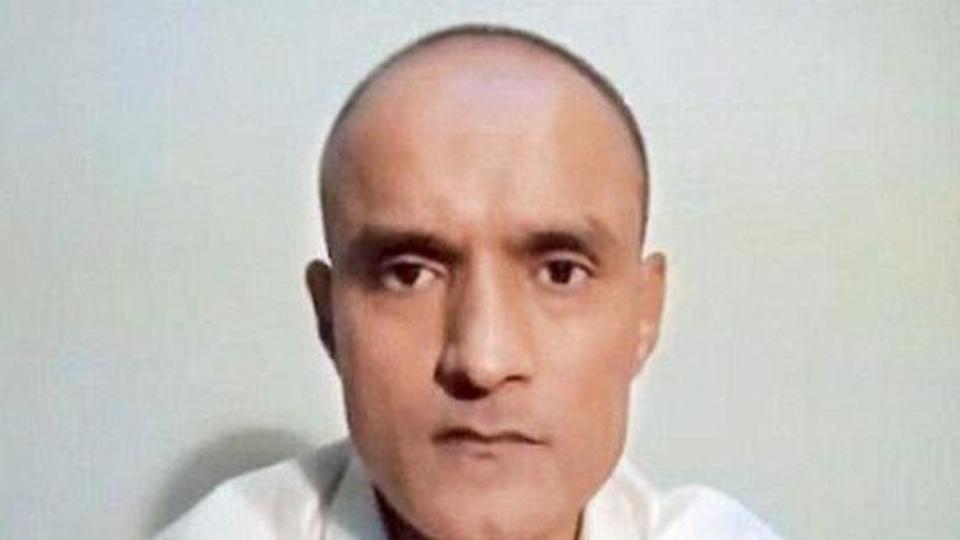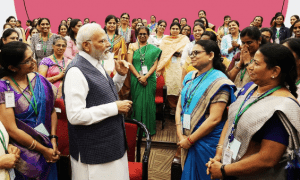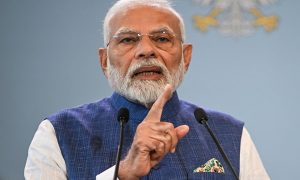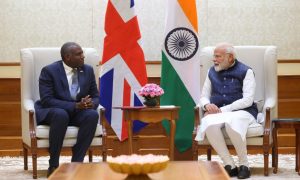A day after Pakistan said it will grant consular access to Kulbhushan Jadhav, India accepted the offer. Islamabad’s offer is in line with the the International Court of Justice’s judgment in the case.
The ICJ’s verdict left Pakistan in a tight spot. The UN court noted in its ruling that Pakistan’s clemency process wasn’t sufficient to serve as an appropriate means of review and reconsideration.
Here are the key points of the verdict
1. ICJ rules that it has jurisdiction to decide India’s plea for Kulbhushan Jadhav. Stay of Jadav’s execution ordered by Pak’s military court will continue.
2. By not informing Kulbhushan Jadhav without delay of his rights under Article 36, paragraph 1 (b), of the Vienna Convention on Consular Relations, the Islamic Republic of Pakistan breached the obligations incumbent upon it under that provision.
3. Pakistan deprived India of the right to communicate with and have access to Mr Kulbhushan Sudhir Jadhav to visit him in detention and to arrange for his legal representation. Thereby Pakistan breached the obligations incumbent upon it under Article 36, paragraph 1 (a) and (c), of the Vienna Convention on Consular Relations.
4. Pakistan is under an obligation to inform Mr. Kulbhushan Sudhir Jadhav without further delay of his rights and to provide Indian consular officers access to him in accordance with Article 36 of the Vienna Convention on Consular Relations.
5. Pakistan to provide, by the means of its own choosing, effective review and reconsideration of the conviction and sentence of Mr. Kulbhushan Sudhir Jadhav, so as to ensure that full weight is given to the effect of the violation of the rights set forth in Article 36 of the Convention.




























 WhatsApp us
WhatsApp us